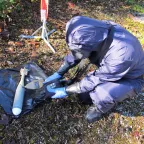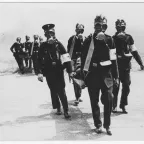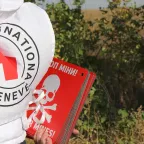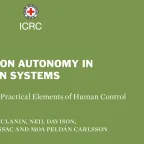Autonomous weapon systems technical, military, legal and humanitarian aspects
… ‘autonomous weapon systems’ were defined as weapons that can independently select and … on the Legality of the Threat or Use of Nuclear Weapons, the International Court of … I. 105 ICJ, Legality of the Threat or Use of Nuclear Weapons, Advisory Opinion, ICJ Reports …






